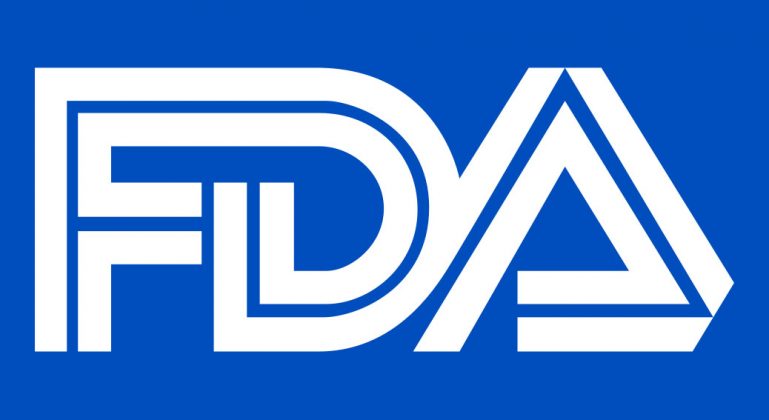The U.S. Food and Drug Administration (FDA) has issued Emergency Use Authorizations (EUA) for additional doses of both the Pfizer-BioNTech COVID-19 Vaccine and the Moderna COVID-19 Vaccine for moderately to severely immunocompromised people. People with immunocompromising conditions or who take immunosuppressive medications or therapies are at increased risk for severe COVID-19. Studies indicate that some immunocompromised people have a reduced immune response following a primary COVID-19 vaccine series compared to vaccine recipients who are not immunocompromised. Studies have further demonstrated that an additional mRNA COVID-19 vaccine dose after an initial 2-dose primary mRNA COVID-19 vaccine series in some immunocompromised populations may enhance immune response.
It is also recommended that immunocompromised individuals discuss monoclonal antibody treatment options with their health care provider should they contract or be exposed to COVID-19. The FDA has authorized monoclonal antibody treatments for emergency use during this public health emergency for adults and pediatric patients (ages 12 and older weighing at least 40 kilograms or about 88 pounds) with positive results of direct SARS-CoV-2 viral testing, and who are at high risk for progressing to severe COVID-19 and/or hospitalization. One authorized product includes use for preventative (prophylaxis) treatment after being exposed to SARS-CoV-2; however, this product is not a substitute for vaccination.
More information from the FDA is available here.




